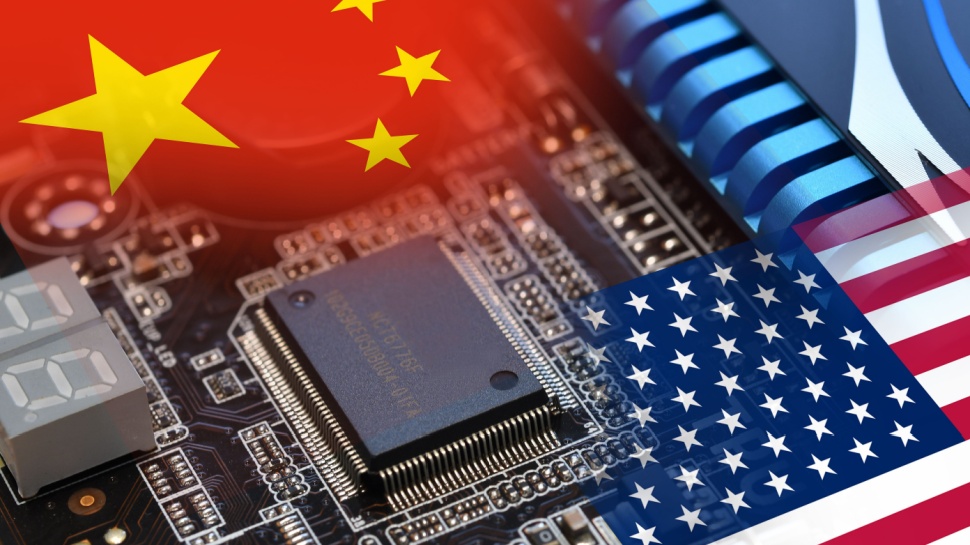Congress wants geotracking tech in high-end GPUs to keep them out of China's clutches
US could enforce advanced chip tracking

Sign up for breaking news, reviews, opinion, top tech deals, and more.
You are now subscribed
Your newsletter sign-up was successful
- America could soon tackle diverted and misused advanced chips with geotracking
- The proposed legislation could enforce tracking within 6 months
- Manufacturers would also have to report back to the US
New proposed legislation in Congress could see the US integrate geotracking capabilities within high-end GPUs, marking the introduction of more dynamic ways to monitor exports rather than just blanket bans.
Bipartisan lawmakers introduced the Chip Security Act to prevent high-end GPUs and AI chips from reaching countries of concern, such as China.
Currently in review, if passed, exporters would need to comply with new tracking rules while also reporting violations, such as disabled tracking, back to the US Bureau of Industry and Security (BIS).
US could introduce advanced chip tracking measures
"Not later than 180 days after the date of the enactment of this Act, the Secretary shall require any covered integrated circuit product to be outfitted with chip security mechanisms that implement location verification, using techniques that are feasible and appropriate on such date of enactment, before it is exported, reexported, or in-country transferred to or in a foreign country," the bill reads.
Lawmakers cite national security risks and concerns over smuggling networks and shell companies exporting US chips to China illegitimately as key drivers for the tracking proposals.
"I know that we have the technical tools to prevent powerful AI technology from getting into the wrong hands. With advanced AI chips being smuggled into China and posing a national security risk, Congress must act," Congressman Bill Foster (D-IL) added.
Location sharing should be enabled and supported before chips are exported if the bill gets passed, with the Secretary of Commerce to be made responsible for assessing second-level security mechanisms to prevent the misuse or diversion of chips covered under the proposed rules.
Sign up to the TechRadar Pro newsletter to get all the top news, opinion, features and guidance your business needs to succeed!
The bill follows the Trump administration's removal of Biden-era chip export diffusion rules, with the White House pledging renewed export restrictions that don't negatively impact allies.
You might also like
- White House drops Biden-era export rules aimed at curbing China's chip access
- Access powerful chips online with the best cloud computing providers
- Check out the best AI tools and best AI writers
With several years’ experience freelancing in tech and automotive circles, Craig’s specific interests lie in technology that is designed to better our lives, including AI and ML, productivity aids, and smart fitness. He is also passionate about cars and the decarbonisation of personal transportation. As an avid bargain-hunter, you can be sure that any deal Craig finds is top value!
You must confirm your public display name before commenting
Please logout and then login again, you will then be prompted to enter your display name.
